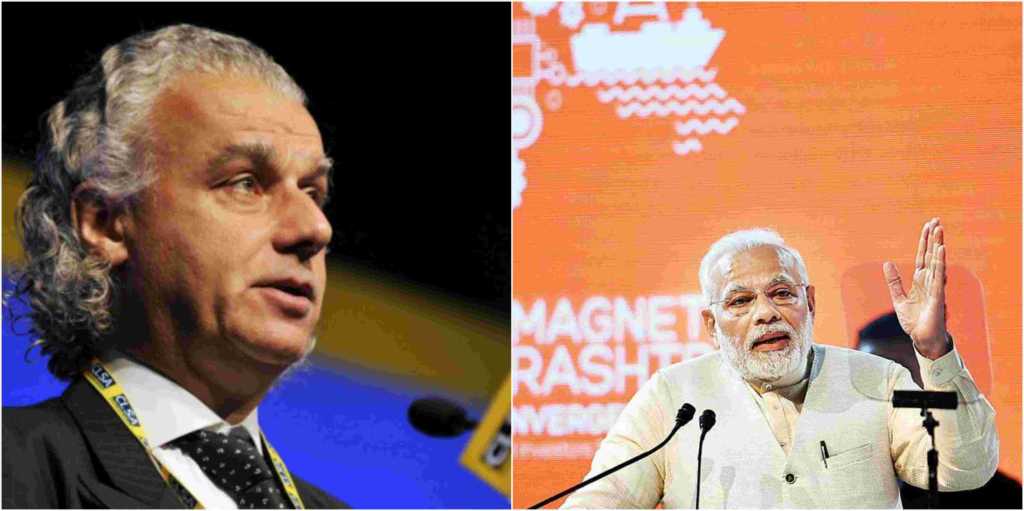There is a strong sentiment around the world about a new India. The economic model, which encourages investment and puts primacy on creating an ecosystem that nurtures an entrepreneurial mindset and sustainable development, instead of financial handouts and nepotism. This surge in the international market’s belief in the Indian economy is based upon the policies undertaken by the incumbent Central government headed by Prime Minister Narendra Modi. Most recently, Chief strategist of CLSA, Christopher Wood has said that the continuation of the Indian success story will depend solely on Modi’s re-election.
The story of the Indian economy has been one riddled with tragedy, where economic reforms and taxation have been put on hold for gaining political brownie points. In a democracy as diverse and robust as India, it takes a very strong leader to do what is right, and not just what is right for the next election cycle. The leaders of the past have chosen to cower before their own party’s policy before taking any worthy measure of reform, be it economical or social.
This stunted and often conflicted approach towards economic policies has given us a stagnant economy and a red tape. Even after the economical liberalization in the early 90s, India could not embrace the market as it should have because the measures needed to reach that economic sphere required taking policy decisions which were politically adverse and coalition governments did not have the political nor the numerical backing required.
How accurate is this prediction by Chief strategist of CLSA, Christopher Wood ?
When the NDA government came to power in 2014 headed by Narendra Modi, there was an influx of fresh enthusiasm and hope that this time something would change, and it did. For the first time an Indian Prime Minister took a proactive approach in seeking foreign investment and spoke about economic reforms, and unlike many before him he walked the talk. His government introduced the biggest tax reform in India, effectively simplifying a complex tax system and creating ease of business between states.
Narendra Modi and his economic policies were well known even before he contested the Prime Minister’s post. His stint as the Chief Minister of Gujarat proved his mettle as far as competent economic policy is concerned. He created SEZ’s even before most of the country knew about it and it is because of such prudent economical planning that Gujarat became a model fro economical and social development planning for the rest of the country.
The international community and financial institutions are well aware of this and have always admired the economic principles of Modi. The international investors and institutions know very well that a strong leadership will ensure political and social stability in India which is crucial for any country’s growth. It is no surprise when international financial institutions bet their investment on Modinomics. Modi represents the tried and tested success story in Gujarat and by initiating GST and demonetization he has shown that he is capable of taking the unpopular yet necessary and pragmatic decisions.
This is why time and time again international institutions such as World Bank and Bloomberg both had nothing but praise for Modi. To the world Modi represents the new India, confident and full of belief, which is not afraid to take any risks and is willing to do away with restrictions which bars it from reaching its potential.
Thus when the chief strategist of CLSA, Christopher Wood, says that the success story of India depends upon the re-election of Narendra Modi , it is actually a reflection of the international market’s sentiments which believes that India will seep back to politically populist economic policies if Modi goes, which would harm the country’s growth and prospect of improving its per capita income and standard of living for its citizens because political expediency spawns incompetent economic policy, which is why the world is banking on Modi’s re-election for the continuation of economic reforms and investment opportunities for not just India but the world as well.
